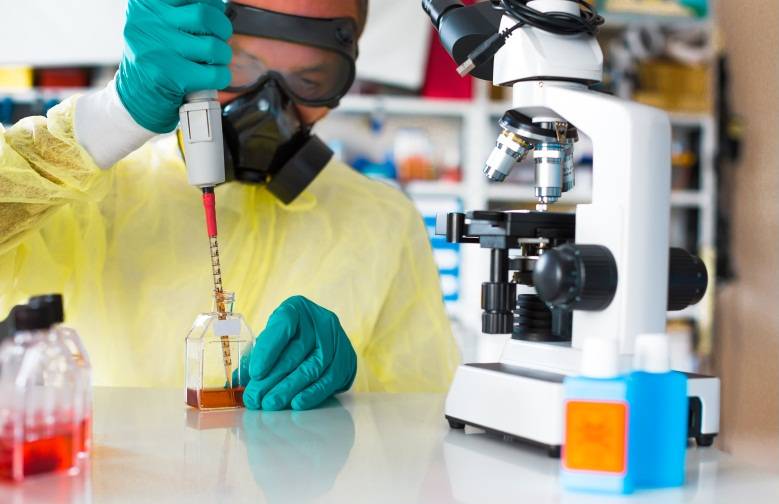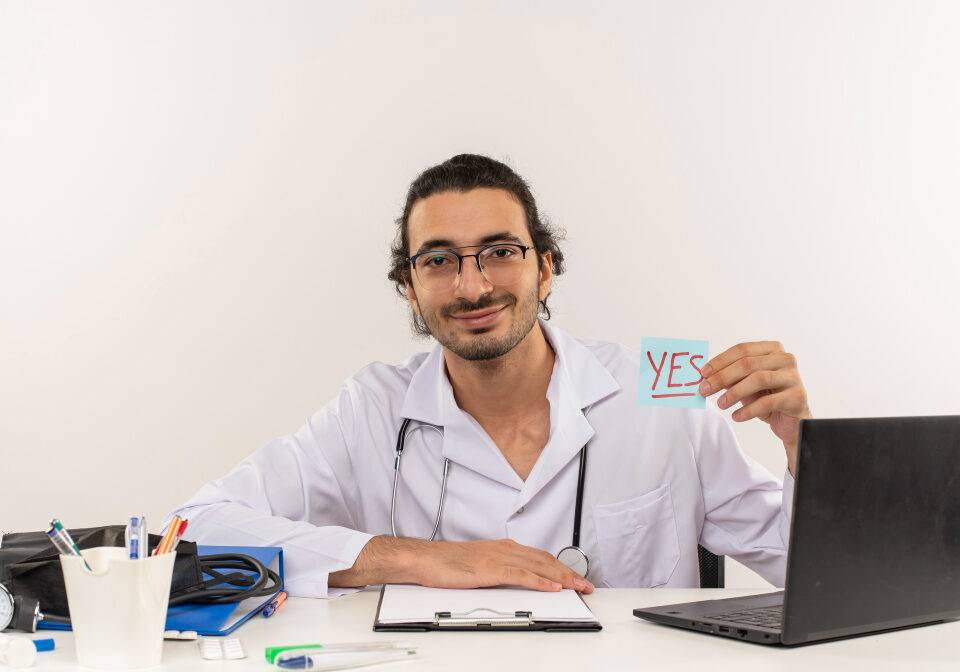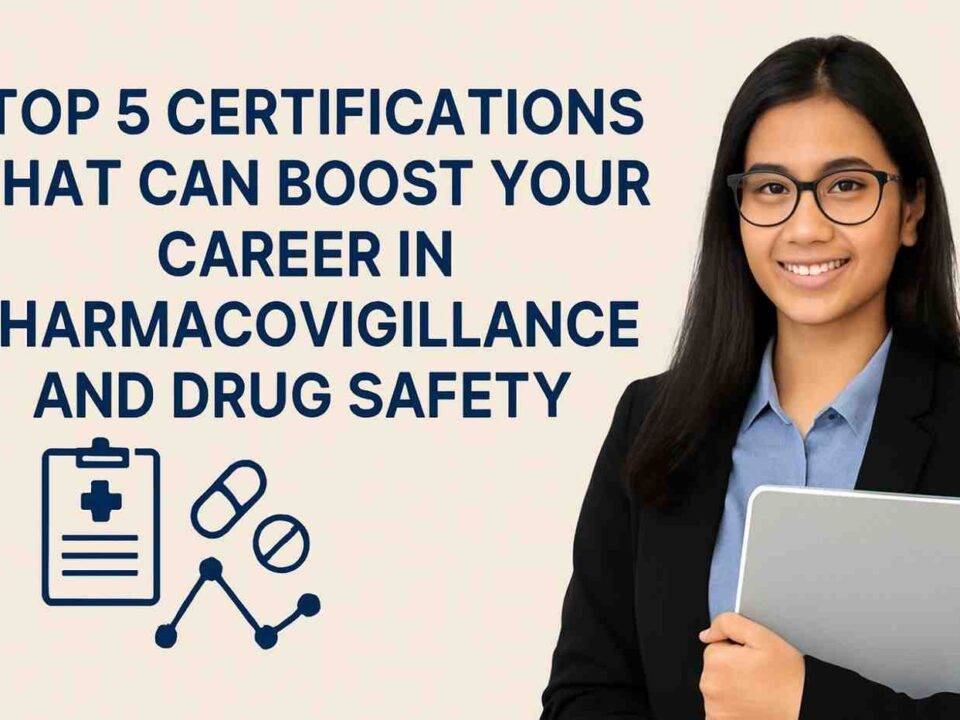Drug safety or pharmacovigilance, as it is formally termed, is the field of science that is responsible for assessing, identifying and recording the effects of drugs being tested in clinical trials. Due to the potential risks to patients/volunteers involved in clinical trials that can even become fatal, pharmacovigilance is of utmost importance without which clinical trials cannot function in an ethical manner.
Different nations and regions have compiled and setup regulations regarding pharmacovigilance. In the United States of America (USA), the food and drug administration (FDA) is in charge of implementing drug safety standards in all pharmaceutical processes, especially in clinical trials. The worldwide pharmacovigilance market is growing globally, but North America still controls the majority of shares in the market.
 A rise in reporting of adverse reaction cases, higher patient compliance with drug usage and increasing concern for safety during trials are cited as reasons driving global pharmacovigilance market growth. This has necessitated a need for pharmacovigilance professionals/specialists. This matters much more to the USA due to its large share in the global pharmacovigilance market and also due to more adverse reaction cases being reported from the North American region, especially the USA.
A rise in reporting of adverse reaction cases, higher patient compliance with drug usage and increasing concern for safety during trials are cited as reasons driving global pharmacovigilance market growth. This has necessitated a need for pharmacovigilance professionals/specialists. This matters much more to the USA due to its large share in the global pharmacovigilance market and also due to more adverse reaction cases being reported from the North American region, especially the USA.
This demand for pharmacovigilance specialists needs to be met with a supply of such professionals. Hence the demand-supply equation is well balanced and robust in the USA and is also attractive as a career. Salaries in the USA for a drug safety professional are estimated to range in the following manner:
- Entry level – Approximately $65000
- With 4-5 years of experience – Approximately $90000-$100000
- With 8-10 years of experience – >$130000
In the past, getting trained as a pharmacovigilance professional was tough because people moved to drug safety after specializing formally in other fields like clinical research. They received training and knowledge on the job and not through a specifically designed course. This has changed with many US universities offering full-time regular courses mainly for students or professionals who possess at least an undergraduate degree of a certain level in life sciences. Apart from full-time regular courses, many institutes offer certification courses which are useful for clinical trial professionals employed in other pharmaceutical sectors and wish to move to the pharmacovigilance field.
The USA with its vast educational network of universities and research centers are addressing the need for pharmacovigilance specialists by designing courses for the industry.
The worldwide pharmacovigilance industry is dominated by USA companies and if there is a large supply of pharmacovigilance professionals from within the USA, then there need to outsource is reduced.
The combination of factors such as
- demand for pharmacovigilance professionals
- easily accessible pharmacovigilance educational courses and certificates
- robust growth of pharmacovigilance industry and market in the USA
- attractive salaries and perks
Enable convincing arguments to be made for the future of pharmacovigilance in the USA and why it is beneficial to enter the pharmacovigilance market in the USA.
Get more details about the Drug Safety and Pharmacovigilance Course right here.
REFERENCES
http://www.c3ihc.com/blog/update-on-drug-safety-courses-certificates/
Career Path: A Guide How to Become Drug Safety /Pharmacovigilance Professional



